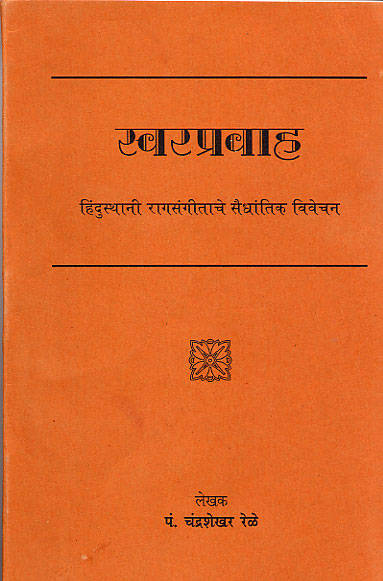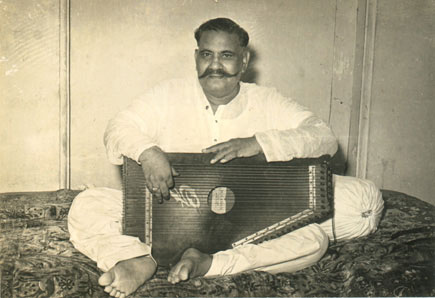C P Rele


Grant Period: One year and six months
Earlier in this century, Pandit V N Bhatkhande’s monumental Sangeet Shastra proposed a system for classifying the ragas of Hindustani classical music. He argued that there are ten thaats (scales) under which the ragas may be grouped. Certain ragas belonged together because they shared notes that characterised a particular thaat. Although Bhatkhande’s book is now used in a learning and teaching capacity, it is limited because it makes no attempt to explain a raga’s evolution or ingenerate attributes, which would help pinpoint its specific musical identity. This grant assists Pandit Chandrashekar Rele to develop a new conceptual analysis of ragas based on movements (pravahas) and their interplay, challenging the orthodox system for classifying ragas in terms of scales. Pandit Rele believes that the form of any raga can be appreciated on the basis of four basic movements or pravahas, which are best expressed through the ragas Mand, Kalyan, Gaud and Bilawal. He proposes to examine each raga in terms of the influence of the four basic movements on its structure. It is the interplay of two or more movements in a raga that throws light on its distinct values and the thinking that has gone into its evolution.
This theory is expected to enhance the understanding and elucidation of ragas, and facilitate methodical improvisation, spontaneous innovation and the development of new compositions in different ragas. By making explicit the process of evolution and artistic value of individual ragas, it will encourage a revaluation of the distortions and anomalies that have crept into their formation and execution. A lawyer by profession, Pandit Rele studies music along with Kumar Gandharva under the guidance of the well-known musicologist Prof. B R Deodhar. Since his retirement from active law practice, he has devoted his energies to composing and training disciples in Bombay. A collection of Pandit Rele’s 135 compositions, recently published under the title ‘Gunjan’, has been acclaimed by critics and musicians as a valuable contribution to Hindustani classical music.
Pandit Rele expects to produce a manuscript of around 300 pages in Marathi, which will be edited by his research associate, Satyasheel Deshpande, a classical singer who leads Samvaad Foundation, an institution in Bombay devoted to research, documentation and archiving of vocal traditions of Hindustani classical music. The manuscript will be translated into Hindi by Prof. Shrirang Sangoram of Poona University. Both popular Prakashan and the Maharashtra Rajya Sahitya Sankriti Mandal have shown interest in publishing the manuscript, which may be accompanied by an audio cassette, in both the Marathi and Hindi versions. The publication is expected to become a reference text for students, musicians and research scholars, and enhance learning and teaching of raga sangeet at music institutions and university departments.
